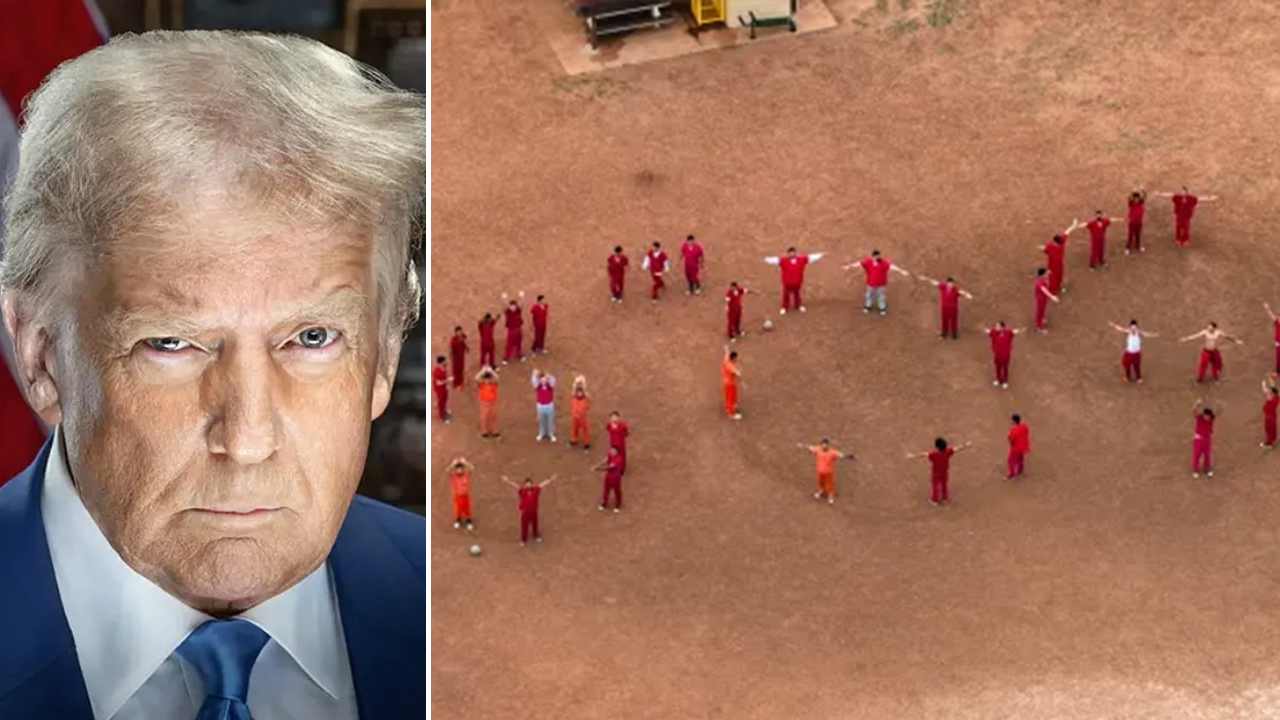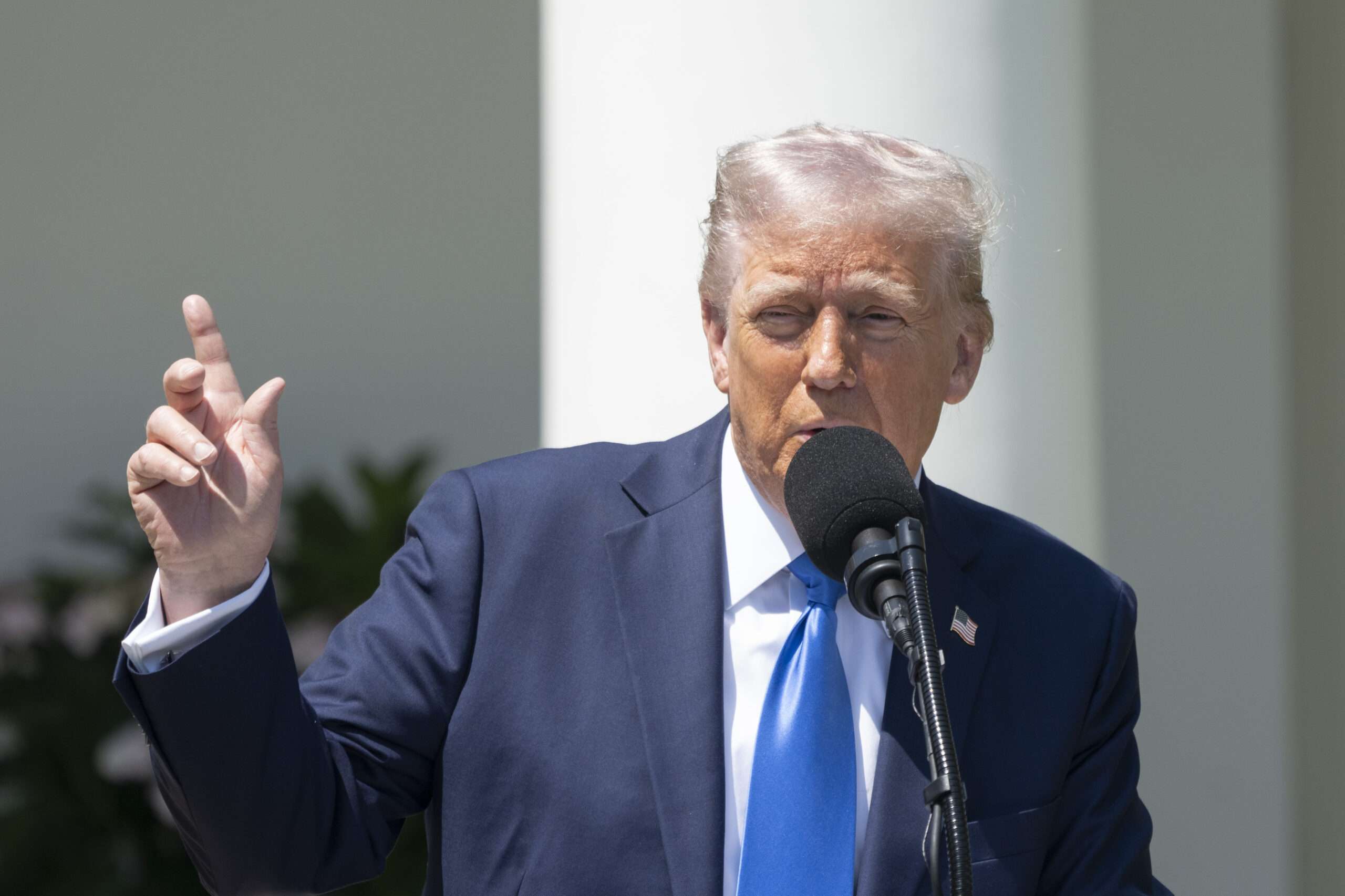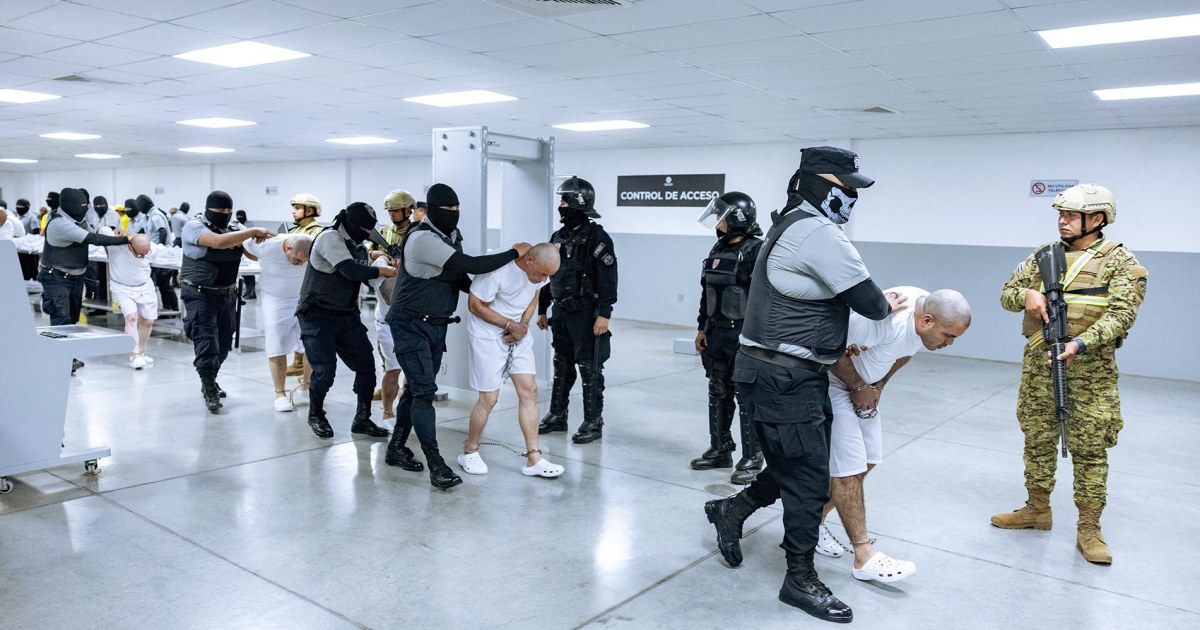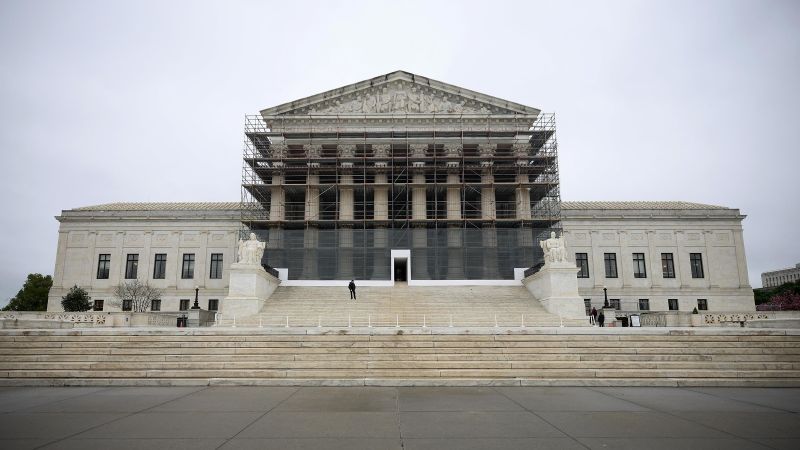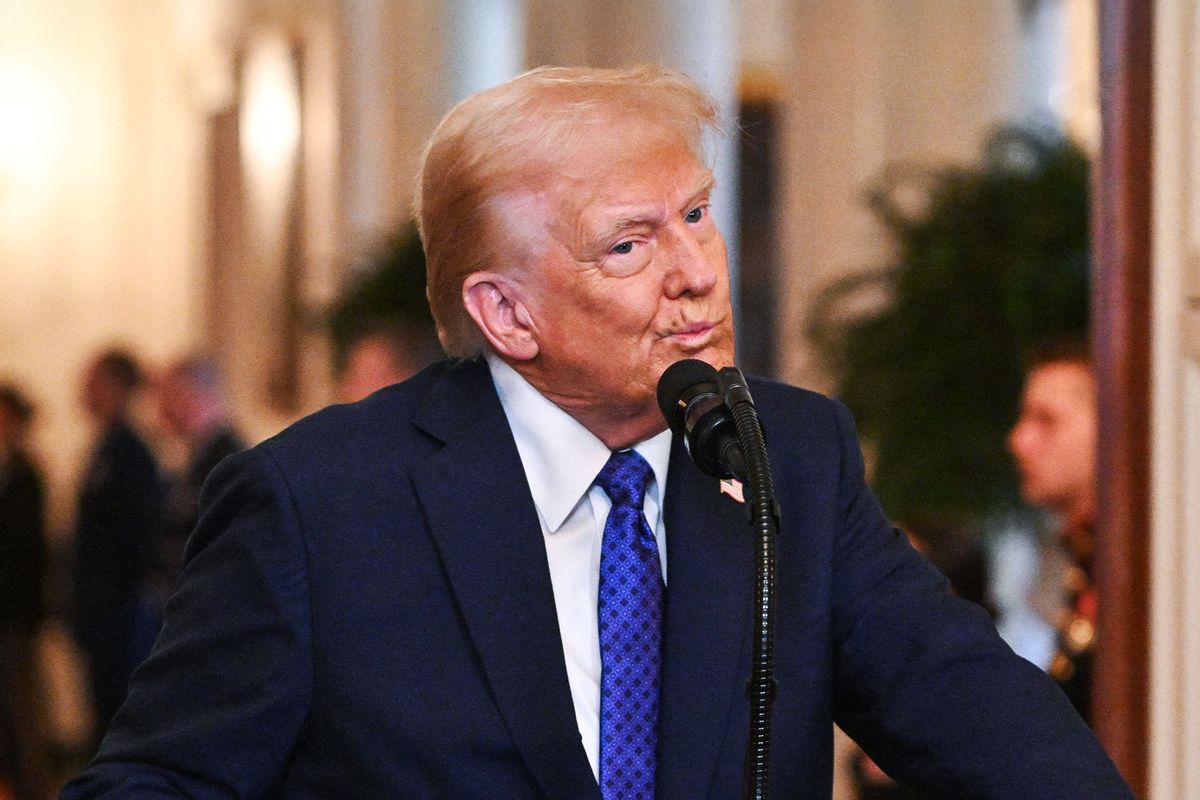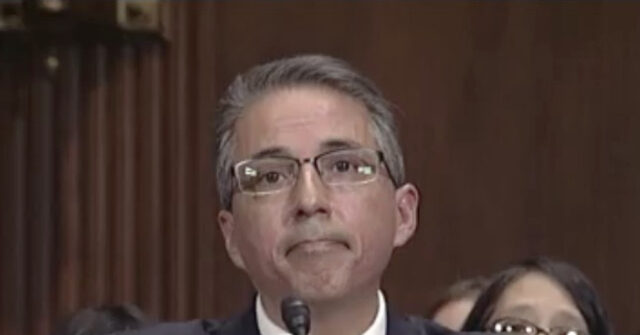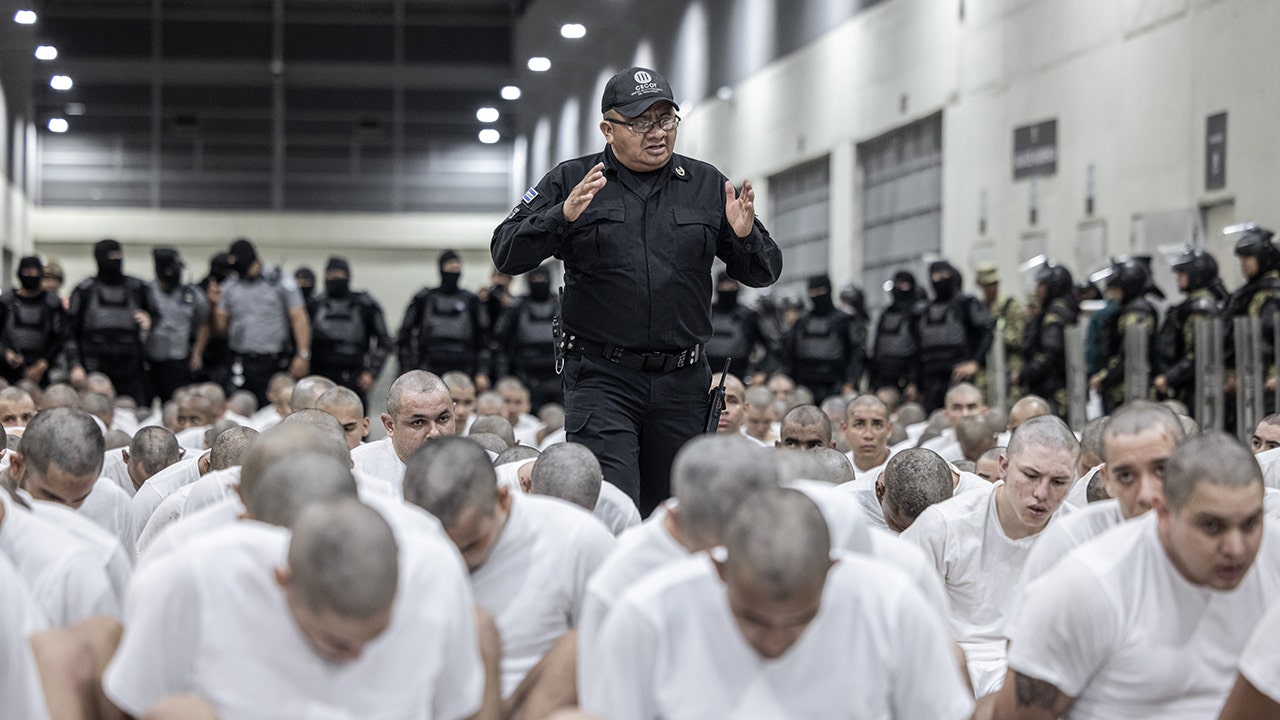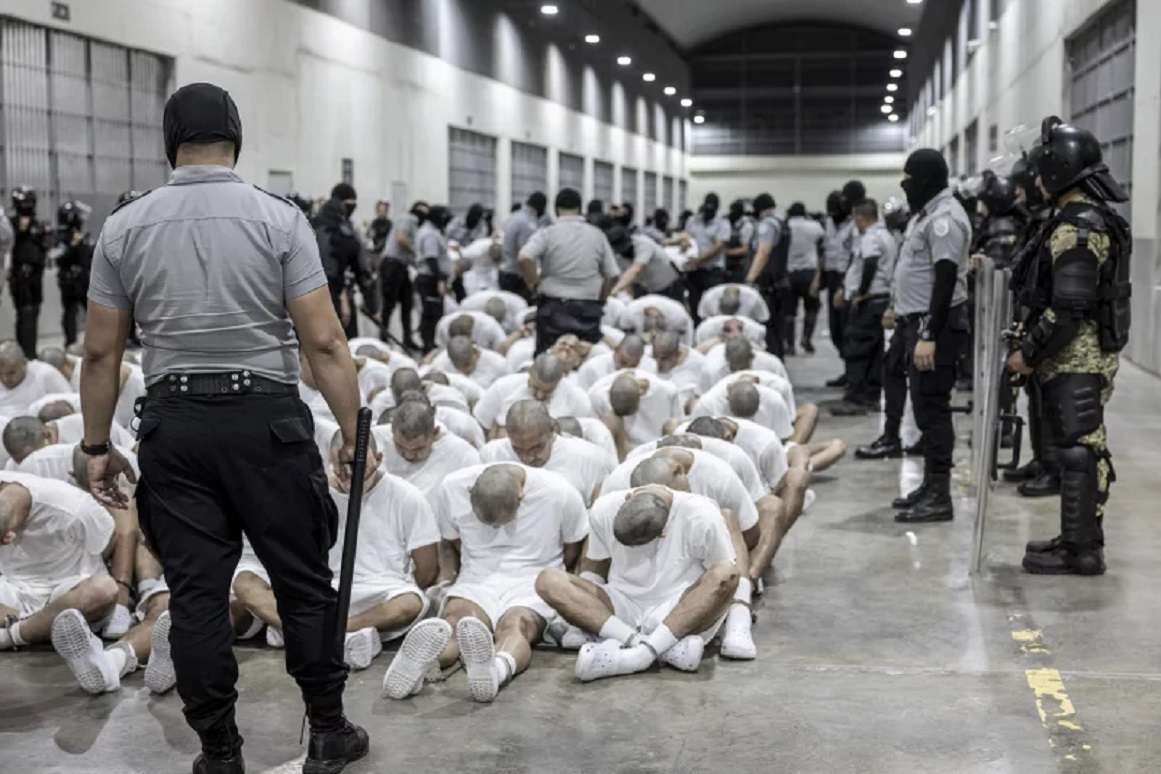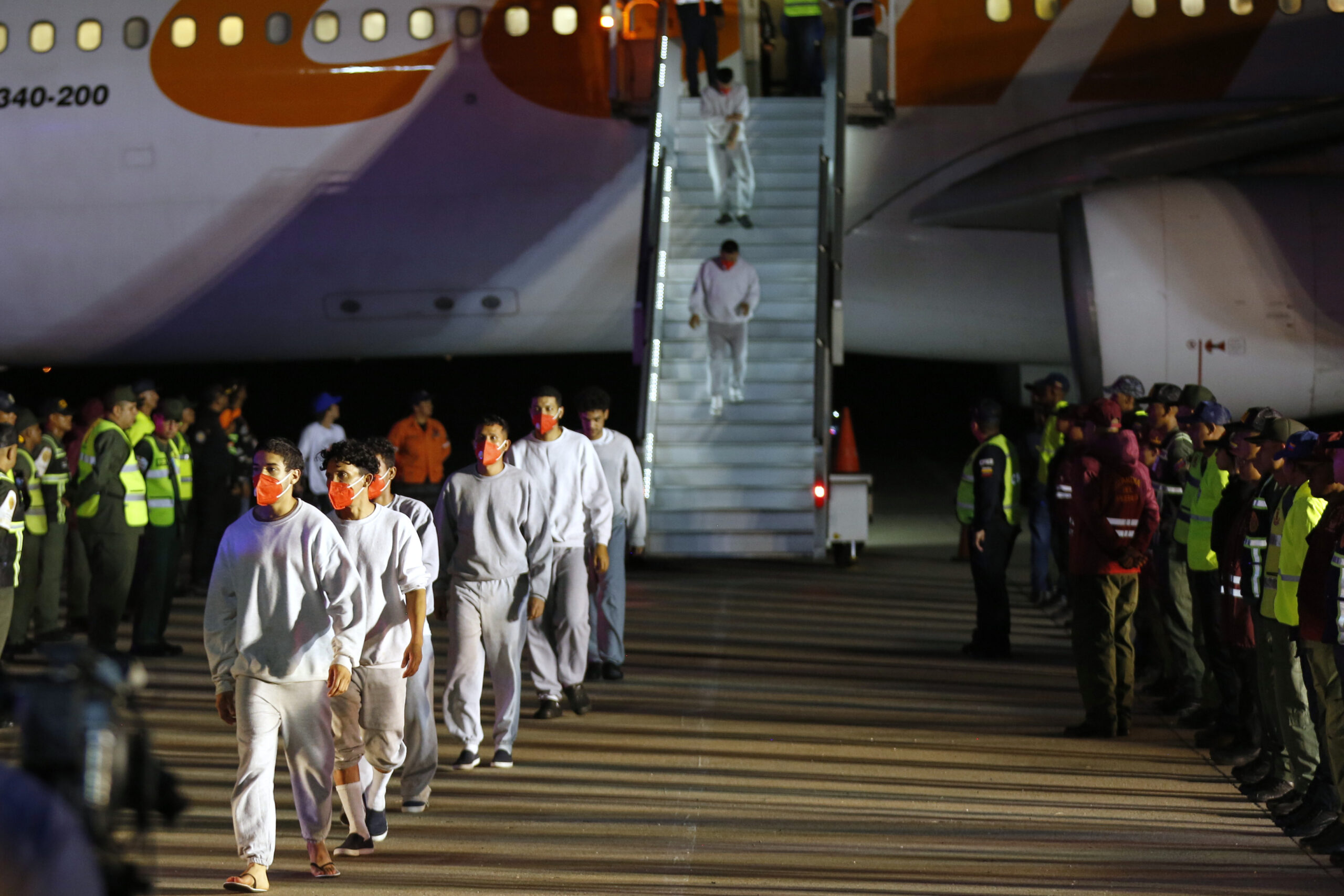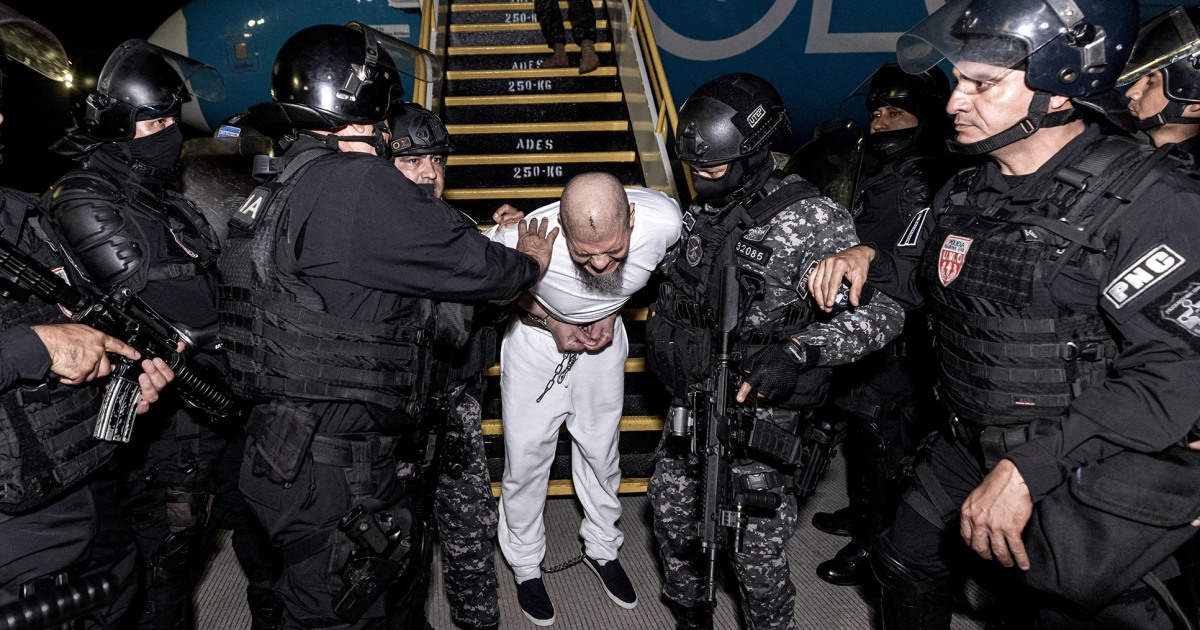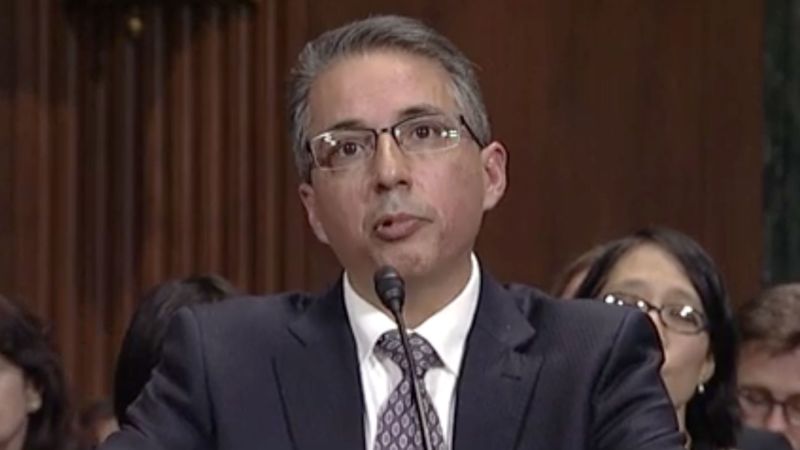Judge Blocks Deportations Amid Gang Controversy
New developments reveal tensions between DHS and media over Venezuelan gang members detained in Texas.
Subscribe to unlock this story
We really don't like cutting you off, but you've reached your monthly limit. At just $5/month, subscriptions are how we keep this project going. Start your free 7-day trial today!
Get StartedHave an account? Sign in
Overview
U.S. District Judge Fernando Rodriguez Jr. has halted the Trump administration's efforts to use the Alien Enemies Act for the deportation of Venezuelans amid an escalating immigration controversy. Concurrently, DHS is pushing back against a Reuters report on suspected members of the Venezuelan Tren de Aragua gang, who formed an SOS at a Texas detention center. DHS claims the media is misrepresenting the situation, emphasizing that several detainees are confirmed gang members linked to violent crimes. The conflicting narratives highlight the ongoing tensions surrounding immigration policy and security concerns.
Report issue

Read both sides in 5 minutes each day
Analysis
Analysis unavailable for this viewpoint.
Articles (33)
Center (8)
FAQ
The judge ruled that the Alien Enemies Act of 1798 could not be used for deporting Venezuelans because Trump's invocation of it exceeded the law's scope. The act allows for deportations during an invasion, but Trump's claims about the gang Tren de Aragua did not meet this threshold.
The ruling represents a significant setback for the Trump administration's efforts to expedite deportations with minimal due process. However, it does not prevent the administration from pursuing deportations under other laws like the Immigration and Nationality Act.
The Trump administration is seeking to end Temporary Protected Status for 350,000 Venezuelans, which could expose them to deportation. A previous federal action had paused the expiration of TPS due to concerns about harm to lives and economic stability.
History
- 6M

 4 articles
4 articles
- 6M

 6 articles
6 articles
